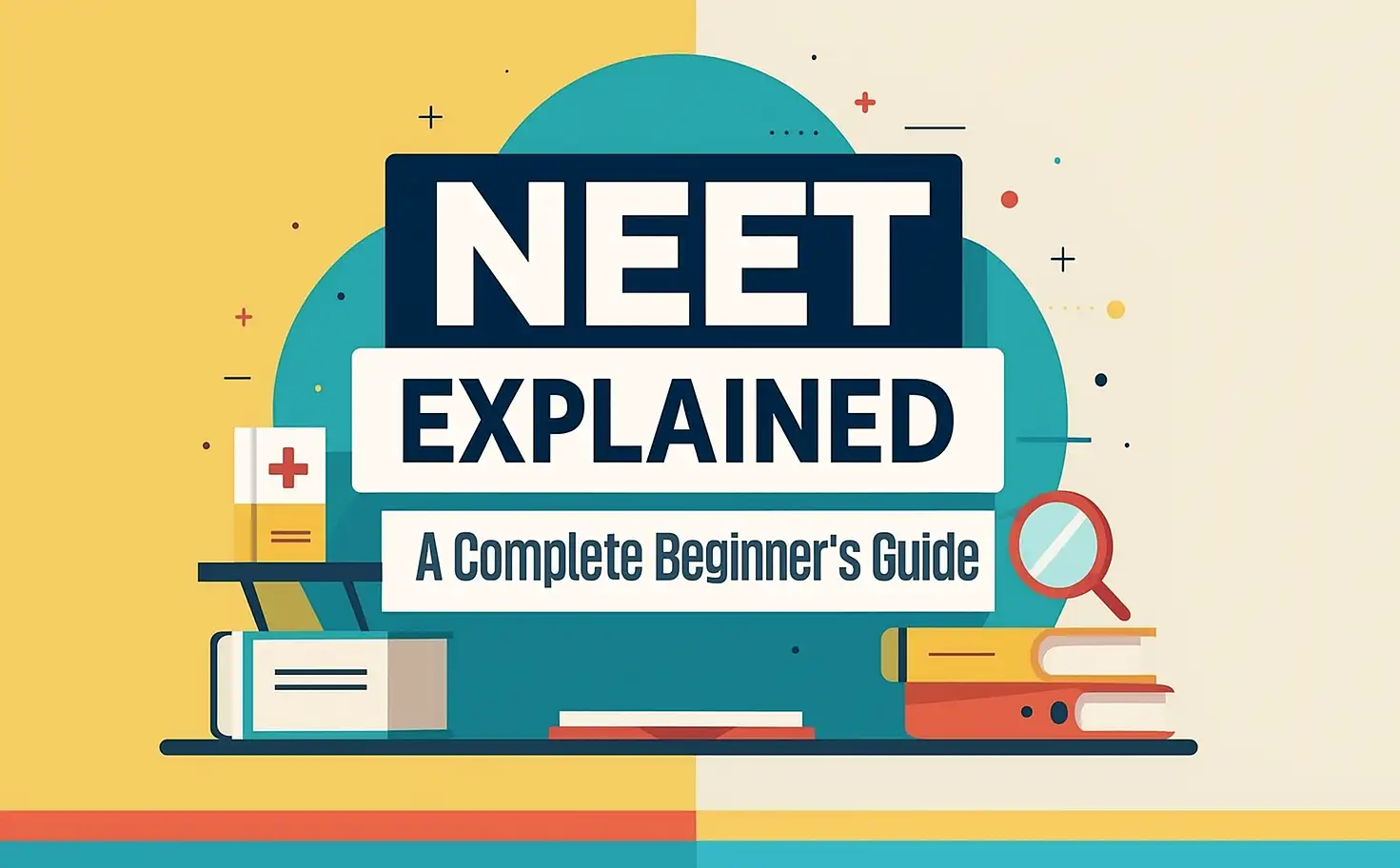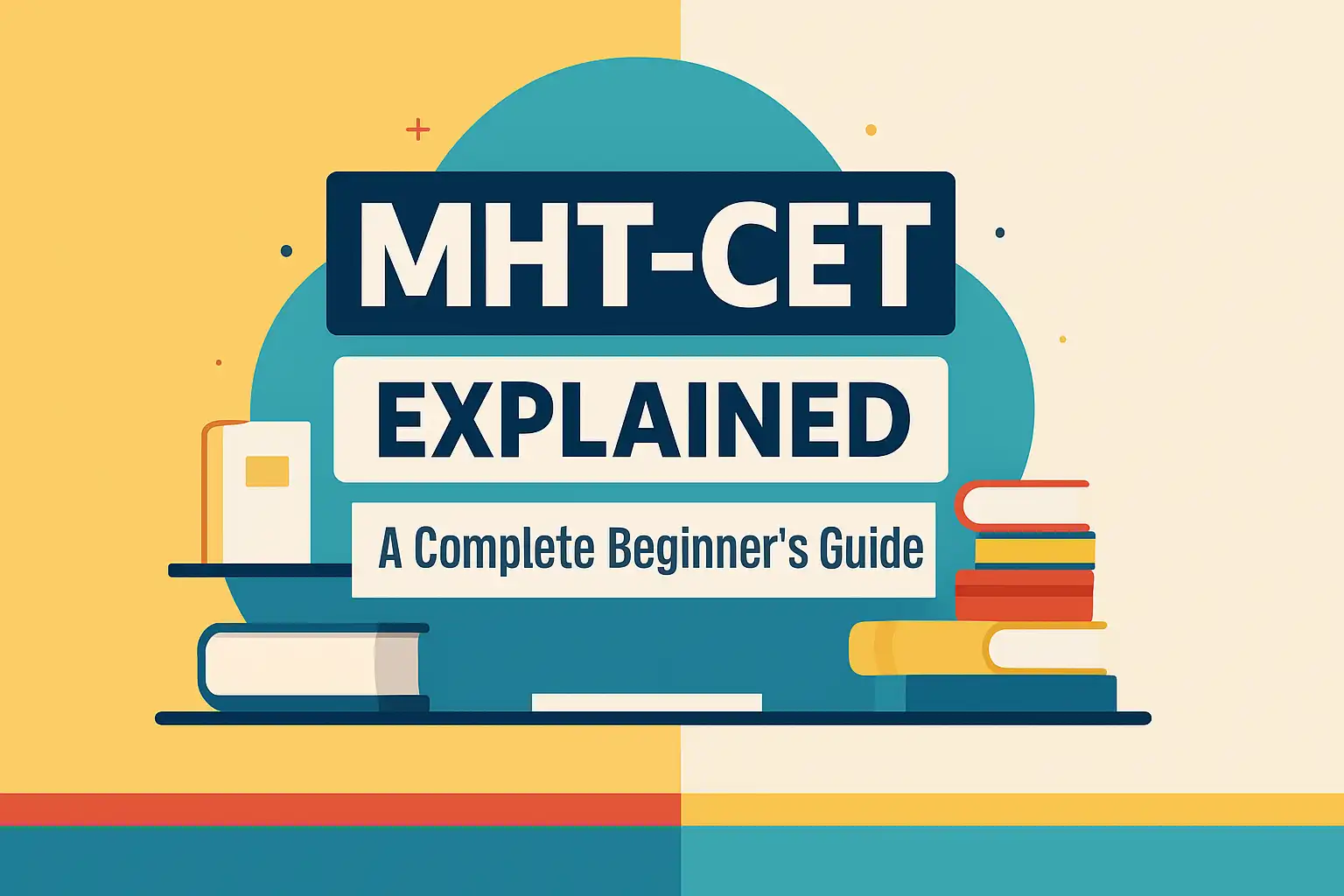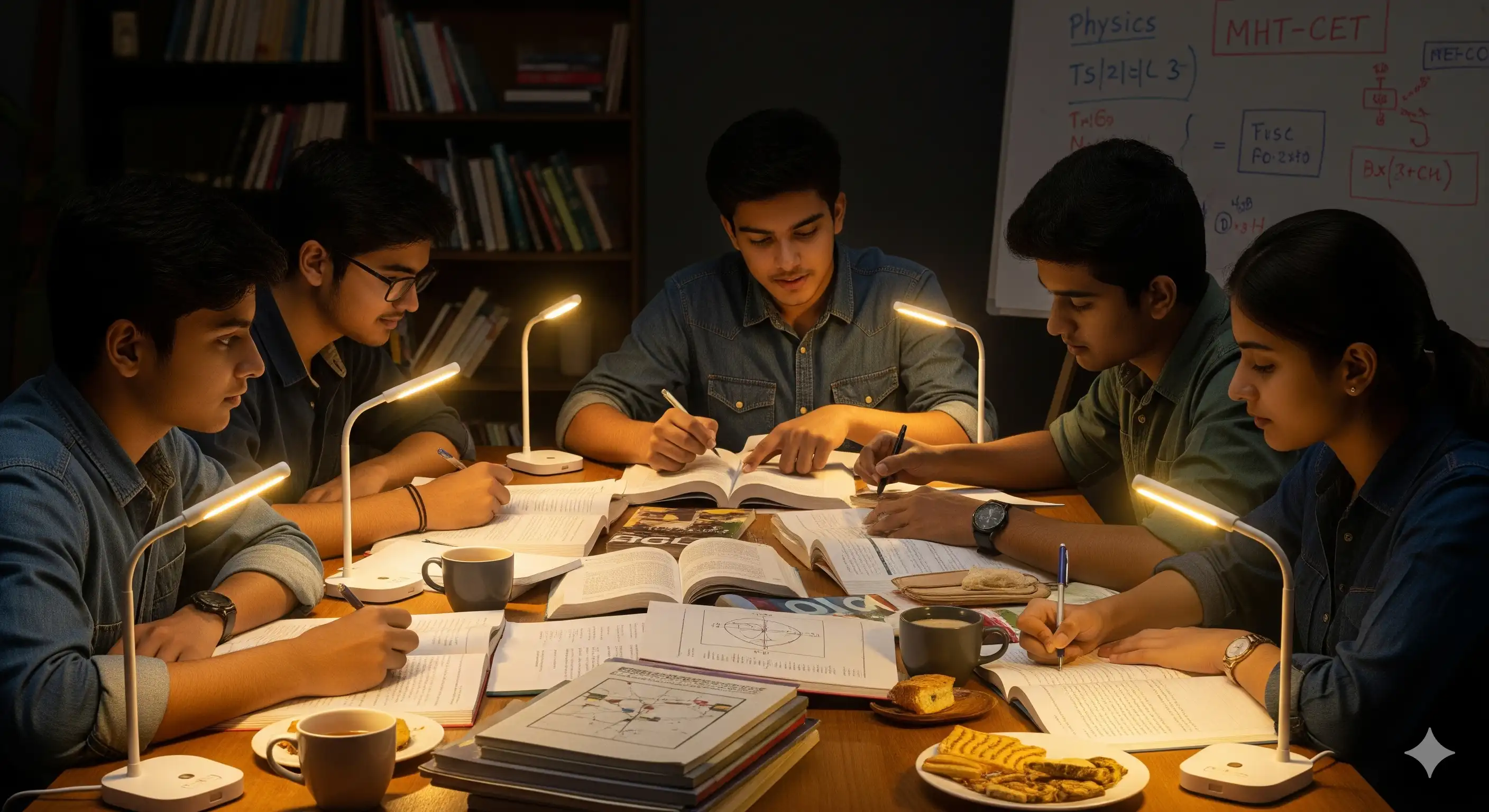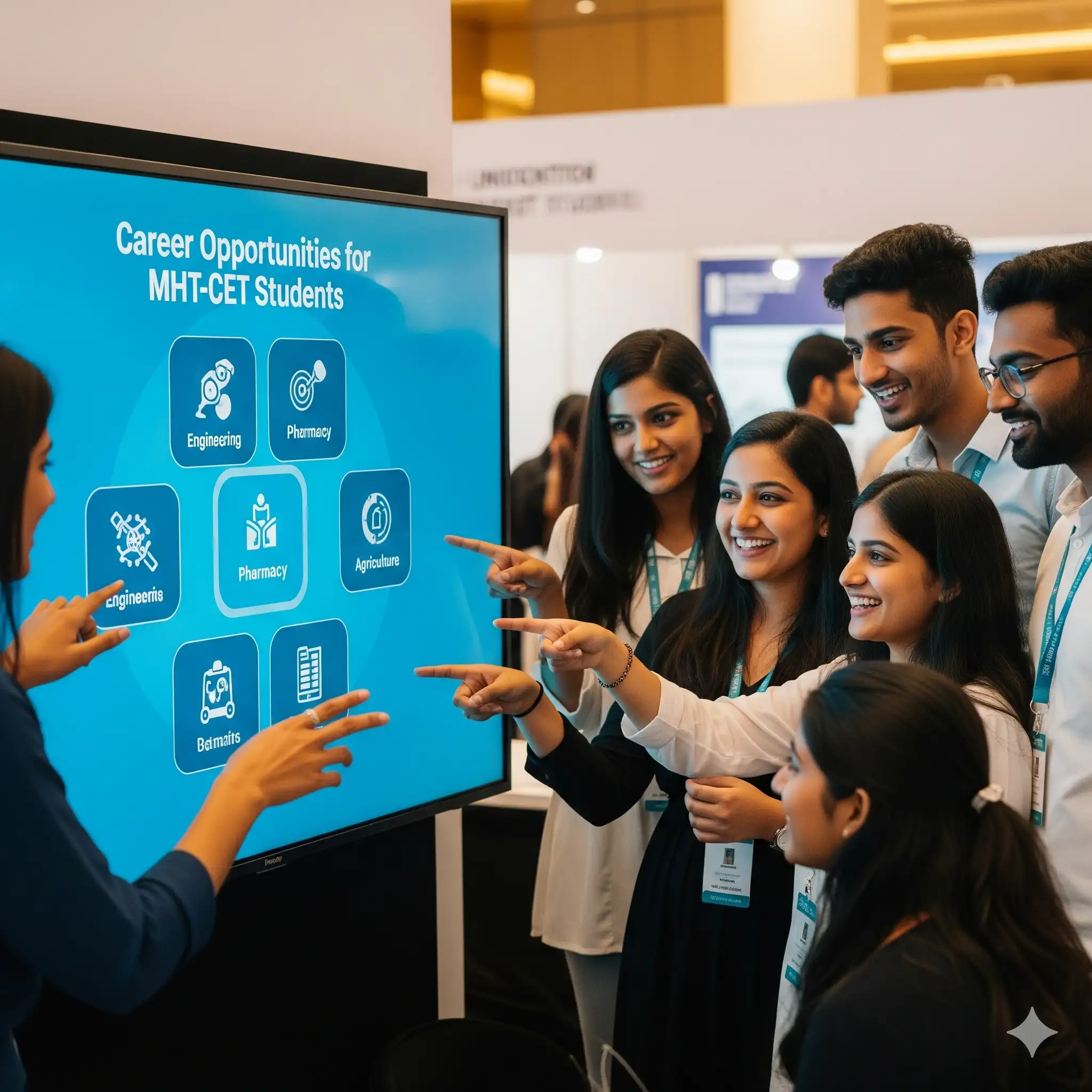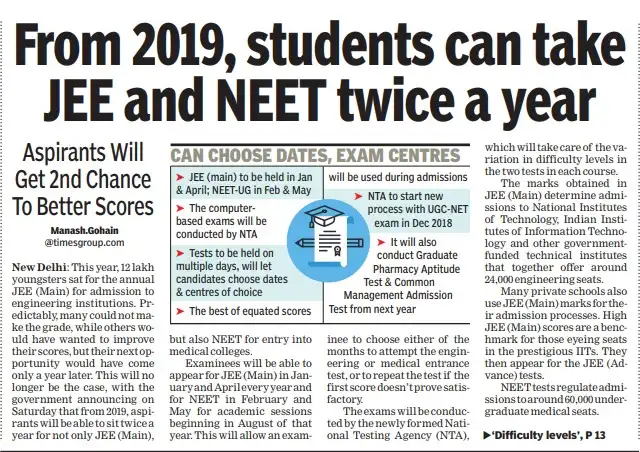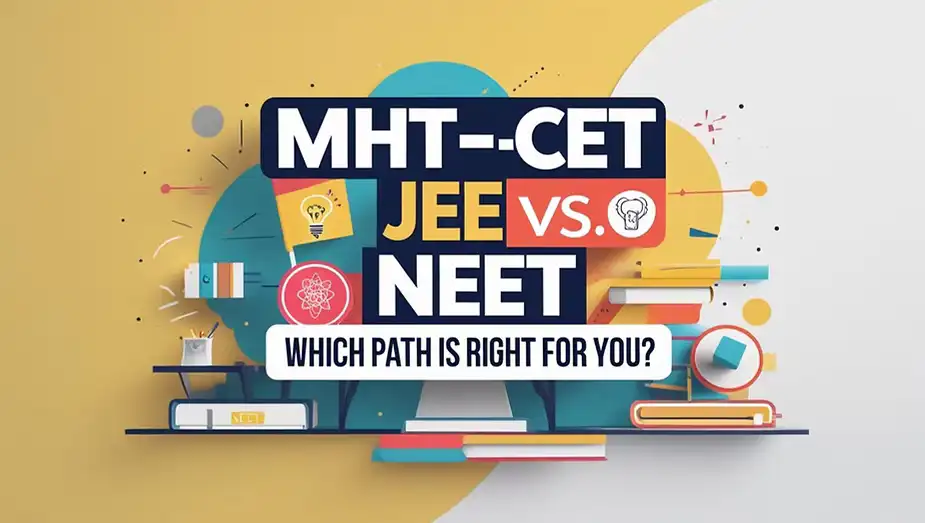
JEE Mains vs JEE Advanced – The Complete Guide
Understand the structure, eligibility, and preparation strategies for your engineering journey.
Engineering entrance exams in India are among the most challenging and competitive assessments that students face after completing their higher secondary education. Among them, the Joint Entrance Examination (JEE) stands as a benchmark for academic excellence and career advancement. The exam is divided into two stages – JEE Mains and JEE Advanced – each playing a vital role in determining a student’s eligibility for top engineering institutes like NITs and IITs. This guide is aimed at demystifying both exams, explaining their structure, purpose, differences, and strategies for success, to empower students and parents to make informed decisions.
Overview of JEE Mains and JEE Advanced
The JEE is conducted in two stages with distinct purposes. The first stage, JEE Mains, serves as a qualifying examination for admission to engineering programs at NITs, IIITs, and other centrally funded institutes. It is also a stepping stone for appearing in JEE Advanced. JEE Advanced, on the other hand, is a highly competitive exam that offers admission exclusively to the Indian Institutes of Technology (IITs), known for their world-class education and research facilities.
Both exams cover Physics, Chemistry, and Mathematics, but differ in difficulty, depth, and question patterns. While JEE Mains assesses foundational understanding and problem-solving ability, JEE Advanced tests higher-order thinking, analytical reasoning, and application-based skills. Together, these exams represent a progressive path for engineering aspirants.
Key Differences at a Glance
- Eligibility: JEE Mains is open to all students meeting basic educational requirements. JEE Advanced is restricted to the top candidates from JEE Mains.
- Difficulty: JEE Mains is moderately challenging and covers syllabus-based questions, whereas JEE Advanced involves in-depth concepts and critical thinking.
- Purpose: JEE Mains offers admission to NITs, IIITs, and other engineering colleges. JEE Advanced offers admission to IITs.
- Exam Pattern: JEE Mains includes multiple-choice and numerical questions, while JEE Advanced focuses more on application-oriented problems with mixed formats.
- Marking Scheme: Both exams apply negative marking in select sections to penalize guessing and reward accuracy.
Why Choose JEE Mains?
JEE Mains is designed to offer a broader range of engineering aspirants an opportunity to pursue technical education. It is a gateway to some of the country’s most respected engineering institutes, such as NITs and IIITs. Students from diverse backgrounds, including those studying under state boards and CBSE, find JEE Mains an accessible yet challenging platform to demonstrate their academic excellence.
The structured syllabus and multiple attempts each year provide flexibility and ample preparation time. It helps students develop problem-solving skills while preparing for higher studies or research-oriented career paths.
Why Aim for JEE Advanced?
JEE Advanced is considered one of the most prestigious exams in the world. Clearing it opens doors to IITs, where students gain access to unparalleled academic resources, cutting-edge laboratories, internships, and global collaborations. The rigorous curriculum helps develop a deep understanding of concepts, analytical thinking, and innovation – traits that shape future leaders in engineering, technology, and research.
Students who excel in JEE Advanced often receive scholarships, international exposure, and career opportunities in top global organizations. For passionate learners, this exam is an ideal platform to challenge themselves and achieve academic excellence.
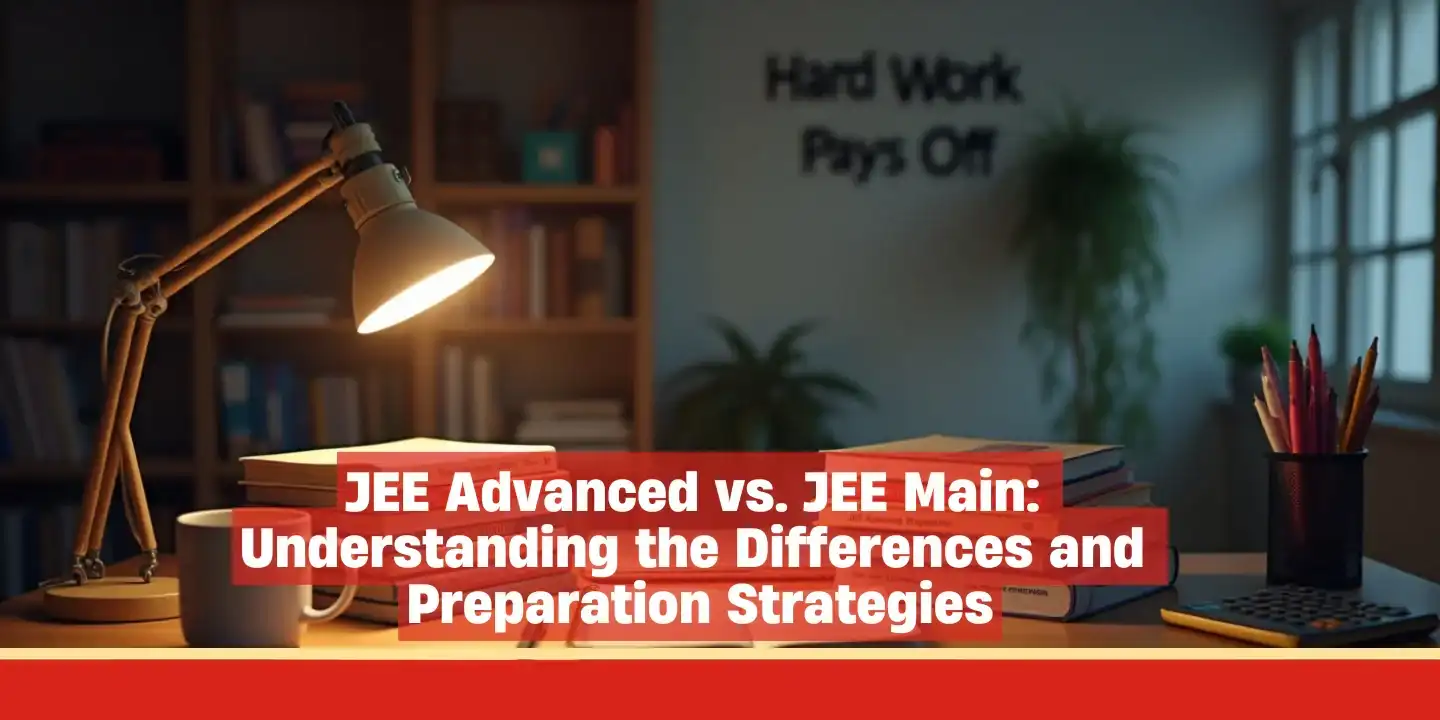


Preparing for JEE Mains and JEE Advanced – A Step-by-Step Guide
Preparation for JEE Mains and Advanced requires dedication, consistency, and strategic planning. Here’s how students can approach their preparation effectively:
- Start Early: Build conceptual understanding from class 11 itself, revising regularly.
- Understand the Syllabus: Break the syllabus into manageable sections and plan study schedules accordingly.
- Practice Daily: Solve sample papers, previous years’ questions, and mock tests to build confidence.
- Time Management: Learn to attempt questions accurately under strict time limits to avoid last-minute panic.
- Clarify Doubts: Seek expert help or join coaching centers like TSPH that offer structured guidance and doubt resolution forums.
- Stay Healthy: Maintain a balanced lifestyle with adequate sleep, nutrition, and stress management techniques like meditation or light exercise.
